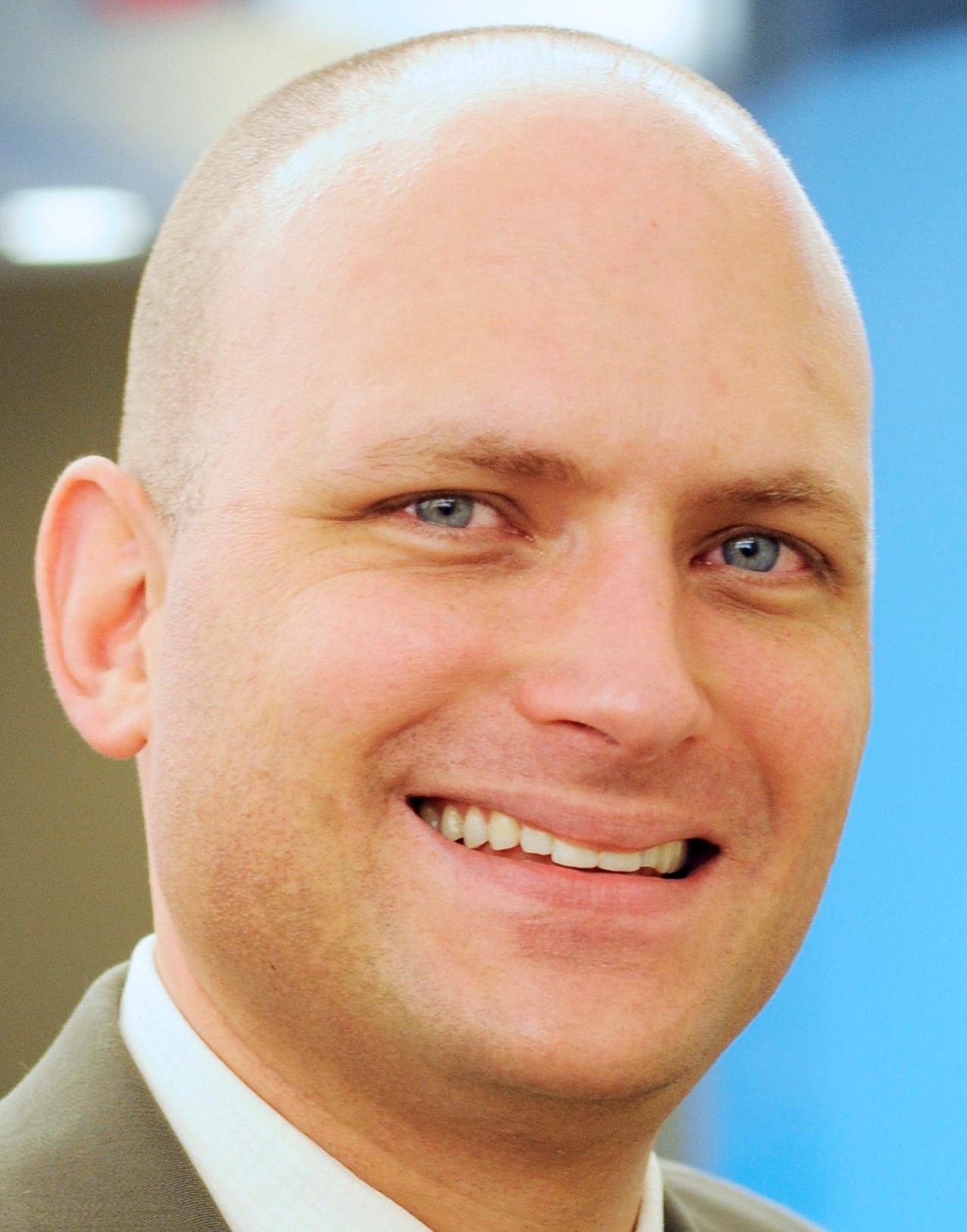publication date: May 24, 2012
|
author/source: Philippe Gérard
The profession of fundraising is becoming better known. Professionals
with transferable skills want to meet with me to ask how to transition into a
career in fundraising. I also attended several career fairs with our
AFP Vancouver chapter's Youth in
Philanthropy committee and the appetite of students for our profession (doing
good and getting paid - what a concept!) is amazing to see.

Do I believe that hiring professionals with transferable
skills works? The answer is a clear "maybe." Business development, sales,
public relations, negotiation, writing, public speaking, and communications are
a few examples of skills needed in fundraising.
Candidates must be able to make the case that their skills from
a non-traditional fundraising environment can compete with those of an
experienced fundraiser. These relevant transferable skills and experience could
have been acquired a while ago, maybe even in high school, in university or in
the first job. Therefore, job seekers, even those currently in the fundraising
profession, should carefully explore their backgrounds and pick out the jewels
to highlight.
Once the foundation of relevant transferable skills is
established, I believe that there are four key ingredients to success for
people with non-traditional fundraising backgrounds.
Attitude
Attitude is crucial. Certainly, the so called hard skills,
such as education, and experience are
important, but the "soft" or "people" skills, such as communication, team spirit
and attitude, are much more difficult to train. In fundraising we particularly want
someone who is enthusiastic, a team player, resilient and eager to succeed,
someone "who is hungry." We want to screen out people who focus on the
negative, on problems rather than solutions, and like to blame others for their
lack of success.
Realistic expectations
The notion that someone who made six figures in their former
career qualifies for a senior fundraising position just because of their previous
seniority is problematic. It sets both candidate and the organization up for
failure. It also affects the morale of the organization's experienced
fundraisers, who may now report to someone who has never closed a philanthropic
gift.
Transitioning careers is always difficult. People looking
for a career change need to expect sacrifices. We as fundraisers would be in
the same position if we wanted to change careers. I have been in major gifts fundraising
for over a decade. I might decide to use this experience in the private sector,
say real estate. I would need to get the training and certification, but even
then, I still need to convince a client to retain me over the star realtor in
town.
People with transferable skills might have a great pedigree,
but without a track record in philanthropic fundraising, it is hard to make a
case for hiring them over someone with a solid track record in major gifts.
Some people, particularly those from high-paced, stressful
environments such as law and corporate sales, have a romantic notion of the
fundraising profession. The reality, as we know, looks different. Fundraising
is an incredibly rewarding career, but the road is long and bumpy. Someone
without direct fundraising experience will need additional time to hit the
ground running, and can feel frustrated and pressured if the big gift has not yet
closed after the first year on the job.
Training
Fundraising is a science as well as an art: knowing what to
do and how to do it. A good training program will help build the basic
foundation, and teach the principles of fundraising and the terminology. Larger
fundraising shops may have their own training program; others may choose to
send their new colleague to an AFP fundamentals course or support them in
taking a fundraising certificate program.
In addition to the basic training, organizations also want
to consider establishing a structured onboarding program. Onboarding describes
the process of making a new employee a part of the team and ready to perform.
Now, your employee is up to speed, which is a time when managers make a crucial
mistake and think they are all right on their own.
Mentoring
When we began, how did we learn best? I learned by doing and
seeing others in action. I still remember when my advancement VP took me on an
out-of-town donor trip when I just started. It was not only a great confidence
builder, but I learned so much just watching her in a real life donor call.
We all need mentors. Even now I have them after many years in
the field. Having someone in our organization with whom we feel safe asking for
advice is wonderful for any employee. If we can identify such a person in our
organization and assign them to a colleague with transferable skills, we are
much more likely to have a successful hire.
Hiring people with transferable skills is certainly not
easy; however I refuse to buy into the notion that it is impossible. Most of us
earlier-generation fundraisers were "transferables" ourselves! If we can find
someone with amazing energy, enthusiasm, attitude and ambition, and if we have
the ability and resources to train and mentor, we can create an incredible
asset for our team in an environment where experienced fundraisers are hard to find.
Philippe (Phil) Gerard has
been a fundraising professional for 14 years in the community service,
education and university advancement sectors.
His specialty is major gifts fundraising. An MBA with a human resource management
specialization set him on the exciting path of fundraising talent
management.
He is a director of advancement with Simon Fraser University and teaches as
an adjunct instructor in Georgian
College's Fundraising and Resource Development Program. Phil is also the
President of Gérard Consulting -
Fundraising Talent Management and author of Phil's Careers Blog. His firm
helps fundraisers find a great career and organizations find and retain the
next great colleague.

